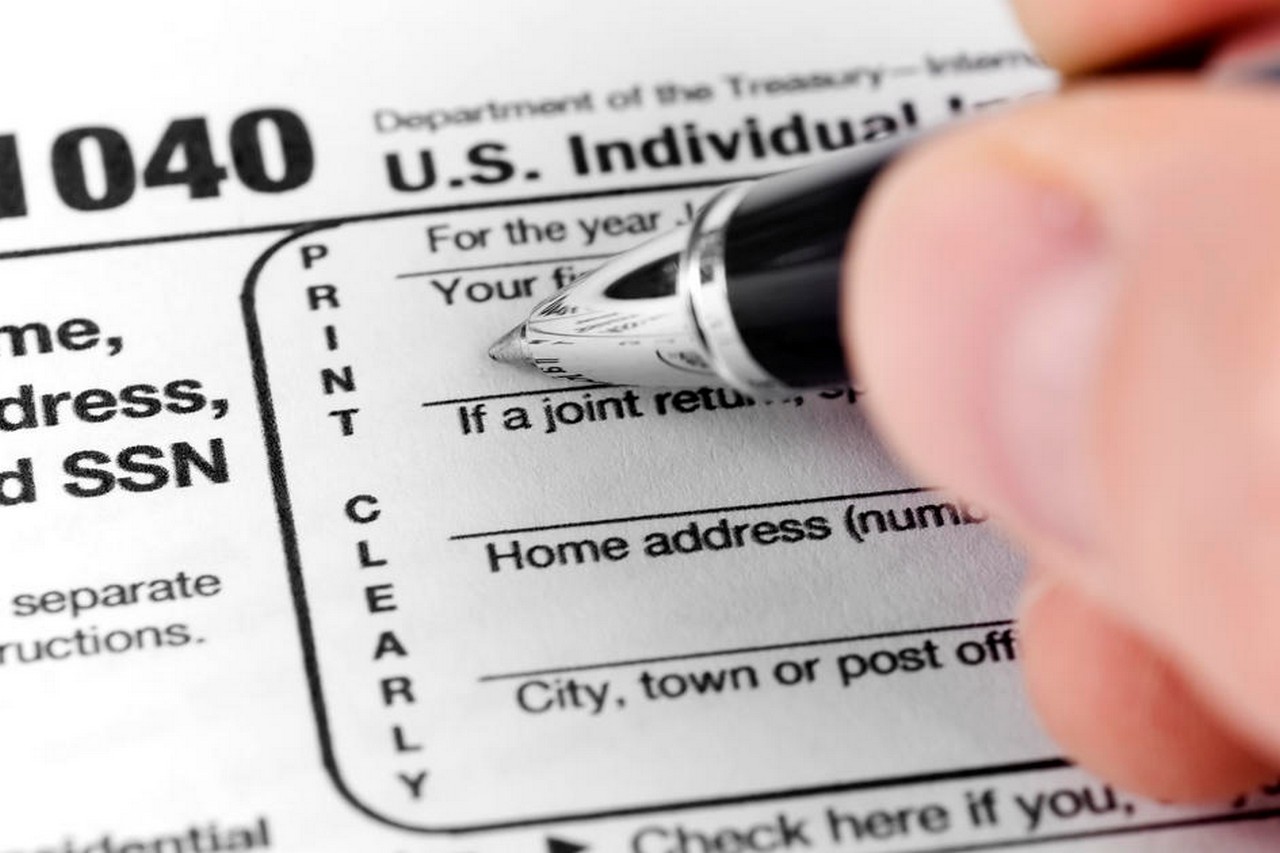The IRS is asking thousands and thousands of taxpayers greater than 20 states together with California, Colorado and Florida who obtained tax rebates final 12 months to carry off on submitting their taxes.
The explanation: The company mentioned it’s looking for to make clear whether or not these tax rebates and particular refunds are thought-about taxable revenue. “We count on to offer further readability for as many states and taxpayers as doable subsequent week,” the IRS mentioned on February 3.
On Friday, the IRS offered steering to these taxpayers: For probably the most half, these rebates aren’t taxable.
“Throughout a evaluation, the IRS decided it is not going to problem the taxability of funds associated to basic welfare and catastrophe aid,” the tax company mentioned in its February 10 replace.
About 16 million California residents obtained “middle-class tax refund” checks of $350 per eligible taxpayer final 12 months, a part of a aid package deal designed by the state to assist residents deal with hovering inflation at a time when the state had a finances surplus.
Greater than 20 states approved tax rebates final 12 months as their coffers had been buoyed by robust financial progress and federal pandemic assist. The IRS on Friday mentioned taxpayers within the following states will not have to report the rebates as revenue:
- Alaska (however just for the supplemental Vitality Aid Fee obtained; the annual Everlasting Fund Dividend is often taxable on the federal stage.)
- California
- Colorado
- Connecticut
- Delaware
- Florida
- Hawaii
- Idaho
- Illinois
- Indiana
- Maine
- New Jersey
- New Mexico
- New York
- Oregon
- Pennsylvania
- Rhode Island
The IRS added that many individuals within the following states will not must report their rebate checks as revenue in the event that they meet some necessities. For example, that is the case if the rebate is a refund of state taxes paid and the taxpayer claimed the usual deduction or itemized deductions however didn’t obtain a tax profit, the IRS mentioned. These states embody:
- Georgia
- Massachusetts
- South Carolina
- Virginia
Delay in submitting
These one-time windfalls threw a wrench into tax season for thousands and thousands of Individuals, a lot of whom depend on getting well timed tax refunds to pay down debt, make a purchase order or get on prime of payments. Final 12 months, the common tax refund (for the 2021 tax 12 months) was virtually $3,200, a 14% leap from the prior 12 months, in accordance with IRS information — an quantity that is greater than the everyday employee’s paycheck.
“This uncertainty is unfair to taxpayers,” wrote Jared Walczak, vp of state initiatives on the Tax Basis, a right-leaning assume tank, in a weblog submit. “Tax consultants have lengthy recognized that the taxability of state rebate funds can be a problem, however the IRS remained silent till February third, at which level it principally mentioned we’ll get again to you quickly.”
File and amend, or file and get penalized?
Taxpayers in these states who had already filed returns and who report the rebates as taxable could have to file amended returns to exclude the cash if the IRS decides they don’t seem to be taxable, in accordance with the Nationwide Taxpayer Advocate, the watchdog arm of the IRS.
Conversely, taxpayers who already filed their returns and excluded the funds may have been topic to potential penalties, tax and curiosity if the IRS had determined the rebates had been taxable.
“[T]he IRS missed the boat” by failing to offer well timed steering on this subject, wrote Nationwide Taxpayer Advocate Erin Collins in a Thursday weblog submit.
She added, “Giving taxpayers a selection between ready to file their returns and obtain their refunds or submitting returns now that the IRS could later decide to be inaccurate isn’t acceptable.”
Including to the confusion for taxpayers is that the federal authorities’s tax rebates — despatched within the type of three stimulus checks in the course of the pandemic — weren’t thought-about taxable revenue by the IRS.
Some taxpayers took to social media to precise their frustration on the IRS steering that they need to delay submitting their tax returns. The company began accepting returns for this 12 months’s tax season on Jan. 23.
“So I attempted to take a seat down this morning for a enjoyable sport of Do Your Taxes, however seems the IRS hasn’t determined if California’s Center Class Tax Aid funds are taxable or not…,” one taxpayer wrote on Twitter.
Revenue or not?
The IRS issued the assertion after Rep. Kevin Kiley, a Republican from California, wrote to the tax company to say that his workplace had been contacted by “quite a few” constituents asking for assistance on the problem.
“Lots of the 16 million residents of California who obtained the refund are unable to file a 2022 tax return as a result of they don’t have clear steering as as to if to incorporate this cost” as taxable revenue, he wrote within the February 2 letter.
Including to the confusion is that some states appear to be indicating that the rebates depend as taxable revenue, in accordance with Collins, the Nationwide Taxpayer Advocate. For example, California’s Franchise Tax Board mentioned it’s sending tax varieties to all recipients of the rebate, noting that the “cost could also be thought-about federal revenue.”
But on the identical time, many tax preparers “have concluded that some state funds usually are not taxable and have programmed their software program in order that these funds usually are not reported,” Collins added.
